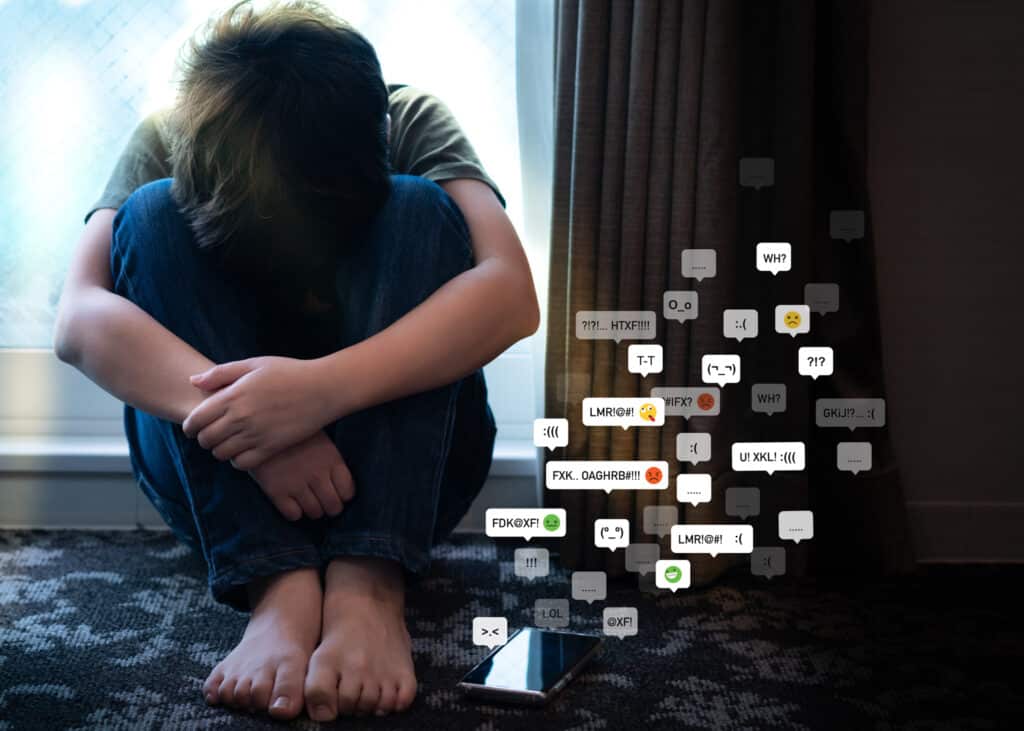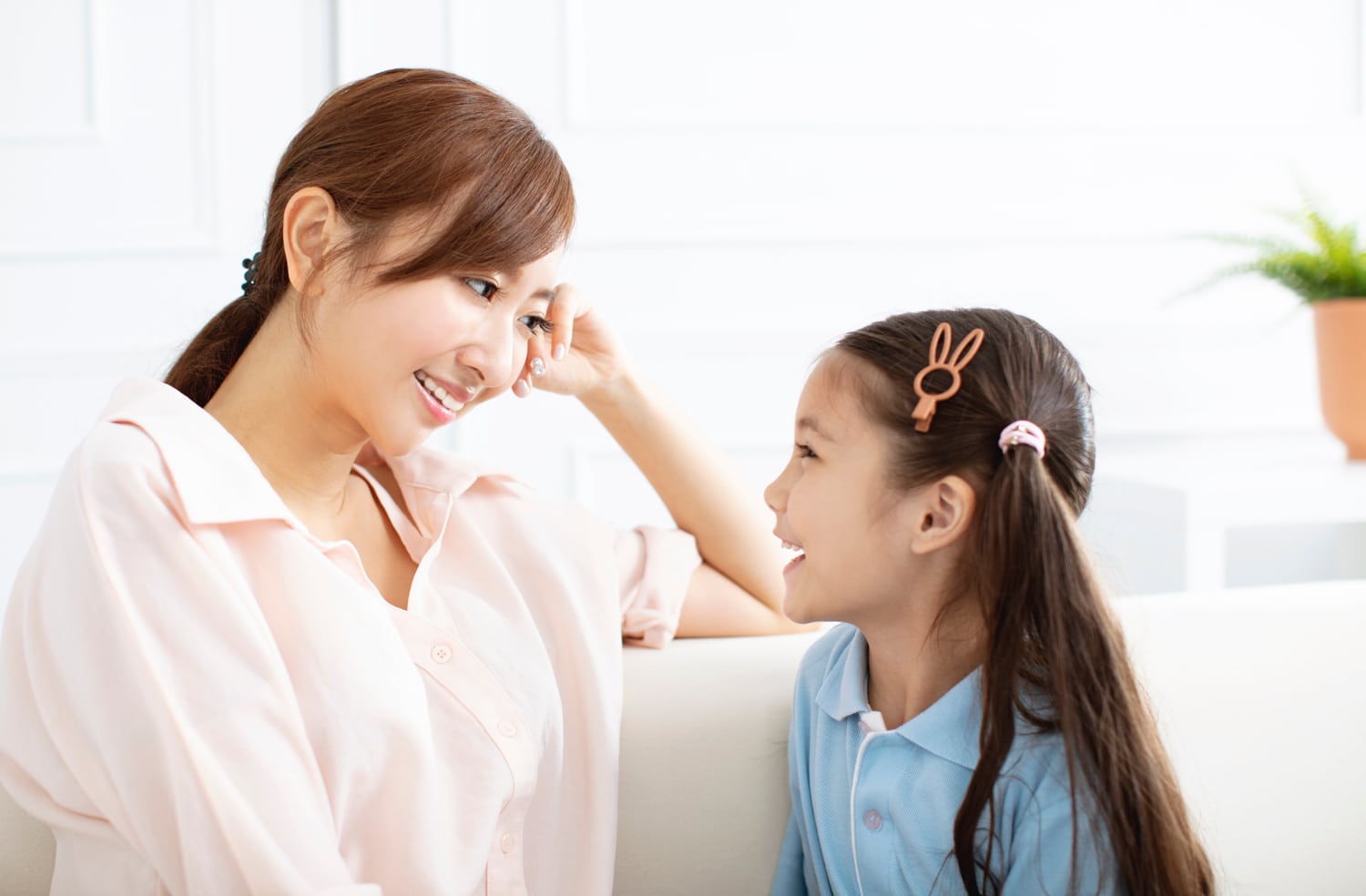Many parents wonder what is the right age to let kids use social media. While most social media sites allow young teens on their platforms, Surgeon General Dr. Vivek Murthy said that 13-year-olds are too young to join social media. [1]
He cautioned, “Kids are developing their identity, their sense of self. It’s a time when it’s really important for us to be thoughtful about what’s going into how they think about their own self-worth and their relationships. And the skewed and often distorted environment of social media often does a disservice to many of those children.”
It’s really important for us to be thoughtful about what’s going into how they [children and teens] think about their own self-worth and their relationships.
—Dr. Vivek Murthy

Social Media Age Limitations
Social media platforms such as Instagram, Twitter, and Snapchat require users to be at least 13 years old to join. This age is not random. The Children’s Online Privacy Protection Act (COPPA) prohibits the online data collection of children under thirteen without parental consent. [4]
Currently, there is no age verification beyond the honor system. Children of any age can create social media profiles by simply saying they are 13 or older.
Thirteen is the age limit for the benefit of social media companies—not because that age has been determined safe for kids to use social media.
Dr. Murthy has been vocal about the dangers of social media apps—prioritizing teens’ mental health and combating the loneliness epidemic. 56% of Gen Zers report feeling lonely at least once a month. [5]
According to Dr. Murthy, loneliness affects our general well-being by increasing the chances of emotional disorders and physical ailments such as heart disease, cancer, and stroke. [6]
The Surgeon General’s statement comes amid an announcement that TikTok’s CEO, Shou Zi Chew, will testify before Congress in March.
TikTok has long been scrutinized for privacy concerns as well as its effects on young people’s mental health. TikTok is currently banned on government devices in Indiana, Maryland, South Dakota, Nebraska, South Carolina, and Utah.
Seattle schools are suing tech companies for harming youth’s mental health, and Utah has reported they will follow suit.
There is growing pressure to protect children from the adverse effects of social media. Texas and Utah are promoting bills to put stricter age limitations on social media, with Texas proposing photo identification to verify a user’s age on apps.
Additionally, the Kids Online Safety Act bipartisan senate bill calls for more duty of care imposed on social media apps.

What Parents Can Do
Encourage open communication with the intent to understand what your child is experiencing without shame. Educate them- don’t make it a taboo topic that may lead the child to hide things from you.
Ongoing communication with our kids is key to protecting and empowering them as they navigate the digital world. Talk to your kids about mental health and how the internet and media can impact them.
Consider reducing the amount of time kids are online. Managing their screen time has immense health benefits. The American Academy of Pediatrics has guidelines for how many hours a day can be on screens.
Whenever possible, substitute screen time for face-to-face social interactions such as unstructured play time and other healthy activities.
Carefully examine your child’s emotional and mental readiness for a phone. When the time comes, consider a “starter phone” or a watch without access to social media and/or robust parental controls.
Parents know their children’s needs best. Continue educating your child and encouraging them to make and strengthen in-person friendships. Together we can work to help our children feel loved, supported, and not another victim of the loneliness epidemic.
Stay up-to-date on internet safety and parenting in the digital age by subscribing to Gabb Family Resources.

